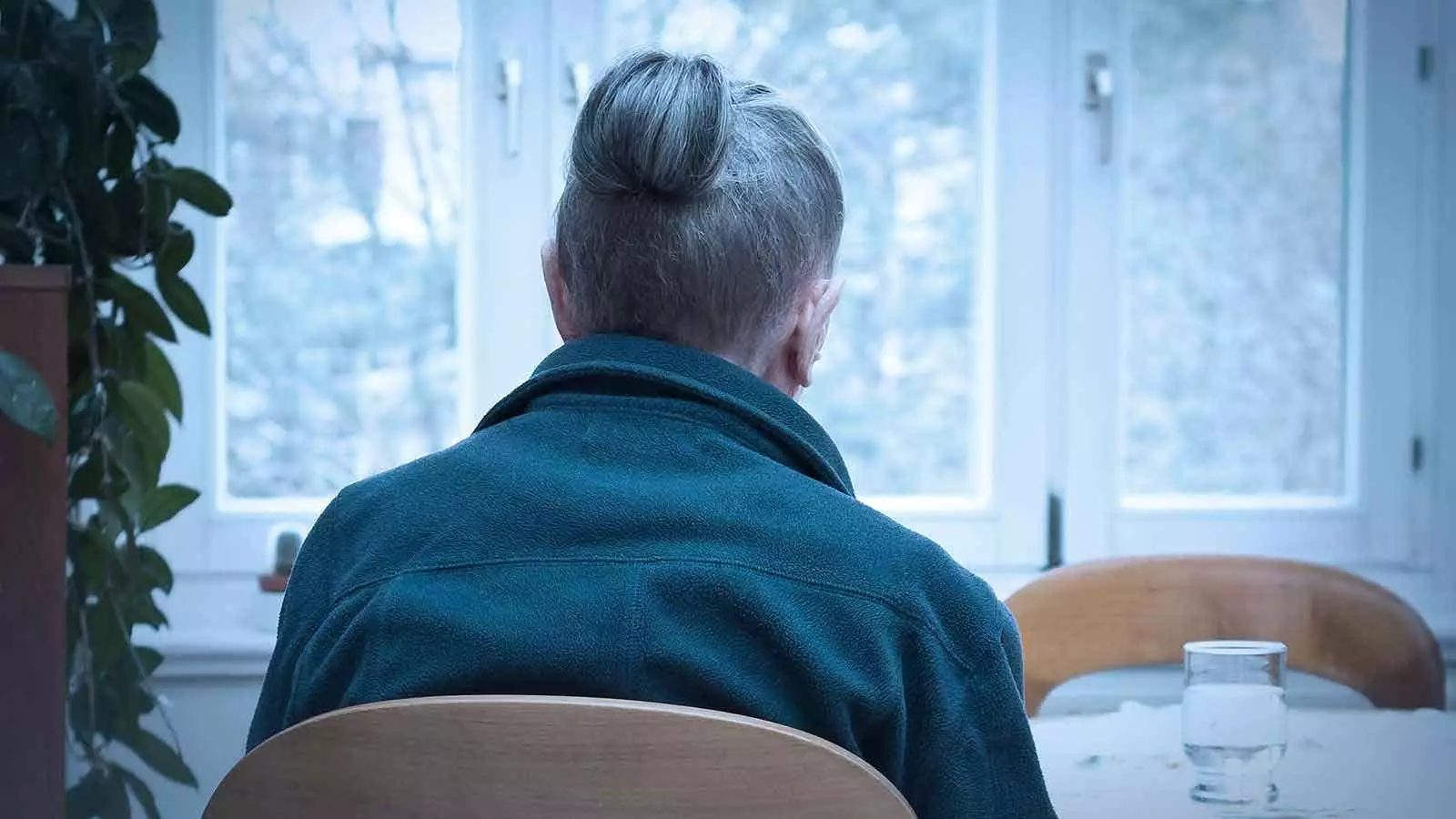A recent retrospective longitudinal study revealed that higher levels of loneliness and social isolation are associated with an increased risk of mortality among cancer survivors. The study, which spanned over a period of 10 years, found that individuals with higher loneliness scores on the UCLA Loneliness Scale had a higher mortality risk compared to those with low or no loneliness scores. The association between loneliness and mortality risk followed a dose-response pattern, with moderate and severe loneliness being linked to even higher mortality risks.
The researchers involved in the study emphasized the importance of incorporating loneliness screening as a routine part of cancer survivorship care. They suggested that healthcare providers should consider integrating loneliness assessment tools into their standard practice and utilizing them at various time points, from initial diagnosis throughout survivorship care. These findings are particularly crucial in light of the “epidemic of loneliness and isolation” highlighted by the U.S. Surgeon General, even prior to the COVID-19 pandemic.
It is recommended that oncologists and other healthcare providers should include loneliness screening as part of their patient evaluation process. Providing education on the emotional challenges associated with a cancer diagnosis and treatment, along with referrals to psychologists for more specialized assessment and counseling, can help address the loneliness experienced by cancer survivors. Early detection of loneliness is vital in preventing its escalation and associated complications.
The study utilized data from the nationally representative Health and Retirement Study (HRS), focusing on participants aged 50 and older. Loneliness was measured using an abbreviated version of the UCLA Loneliness Scale, with participants categorized based on their loneliness scores. Various factors such as sex, marital status, education, health conditions, and years since cancer diagnosis were taken into account in the analysis. The study identified several demographic and health-related factors associated with higher levels of loneliness among cancer survivors.
However, the study also acknowledged limitations, including the use of self-reported data and an abbreviated measure to assess loneliness. Additionally, cancer-related information such as cancer type, stage at diagnosis, and ongoing treatment status was not systematically collected in the HRS dataset. Future studies should focus on developing optimal screening tools for loneliness and evaluating the effectiveness of loneliness screening and interventions in improving the well-being of cancer survivors.
Loneliness and social isolation can have a significant impact on the mortality risk of cancer survivors. Healthcare providers play a crucial role in addressing loneliness among this population by incorporating screening tools, providing education, and offering referrals for specialized support. By recognizing and addressing loneliness early on, healthcare providers can help improve the overall well-being and outcomes of cancer survivors.

Leave a Reply